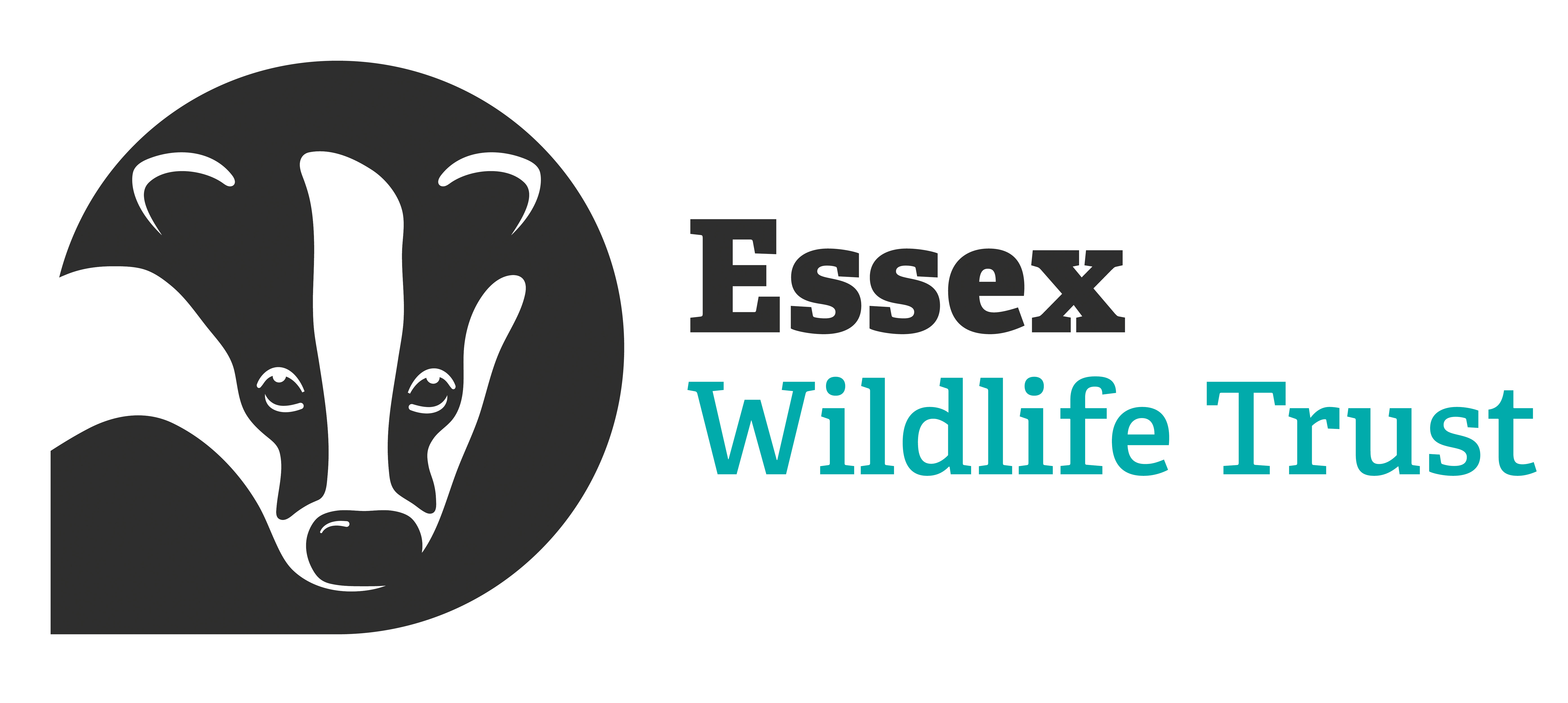To date, the only officially sanctioned beavers living wild in the UK are in Scotland and along the River Otter in Devon, where Devon Wildlife Trust has worked with the local community to monitor the animals over several years.
The Wildlife Trusts believe beavers should be allowed to return to the wild across the UK and expand their range naturally. For the beaver strategy to achieve its full potential for nature and climate, they are calling on the Government to:
- Formally recognise beavers as a native species in England
- Support ambitious and carefully targeted reintroduction projects
- Reward landowners who make space for wetlands created by beavers
- Adopt management systems that protect beavers and resolve problems effectively
- Support local beaver management groups to deliver advice and assistance.


